The Research Center of Oncology
in the Research Division is striving
to create innovative therapeutic agents
in the field of Immuno-Oncology.
What inspires these leaders and researchers
as they engage
in their research and
continue to take on new challenges
on a daily basis?
A roundtable discussion was held online linking
the Minase Research Institute (Osaka)
and the United States.

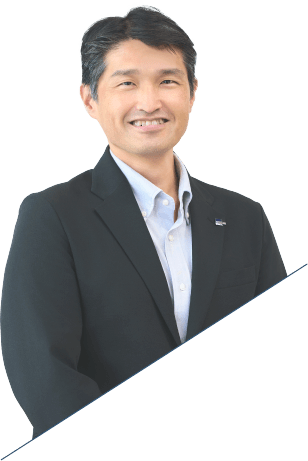
Research Center
of Oncology
Senior DirectorKazuhiko Takeda
Joined the company in 2000. Has experience in drug discovery at the Exploratory Research Laboratory and then exploring collaboration opportunities with biotech companies and universities not only in Japan but also overseas at Discovery Research Alliance Department. After finishing an overseas assignment at ONO PHARMA USA, he joined the Oncology Research Laboratories, the predecessor of the Research Center of Oncology. After that, he successively held the positions of Group Head and Director, and in April 2024, he assumed the position of Senior Director.
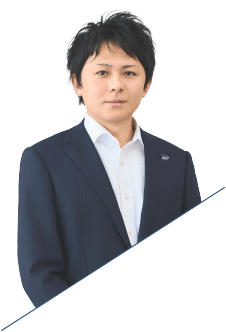
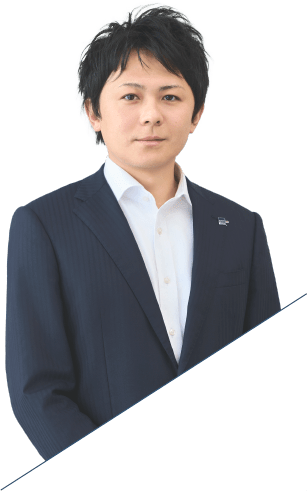
Research Center
of Oncology
Discovery Research
Alliance SectionRyota Hamasaki
Joined the company in 2014. Has been involved in research and development in the field of oncology for around a decade since joining the company. After studying abroad at a university, he experienced what it’s like to be up close and personal with actual patients day to day in clinical development team. Currently, the Discovery Research Alliance team at the Research Center of Oncology is exploring collaboration opportunities with universities and biotech companies.
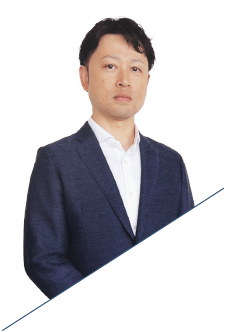
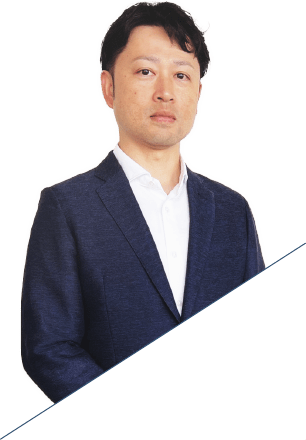
Research Center
of Oncology
Group ⅥKoji Teraishi
Joined the company in 2003. As a pharmacologist, he has been involved in the construction and evaluation of models for various drug discovery projects, drawing on his experience from his university days in researching the mechanisms of why drugs work. During his three years at a university as a visiting scientist, he became interested in the potential of cell therapy. He is currently working on a cell therapy project at Fate Therapeutics Inc. in the United States.
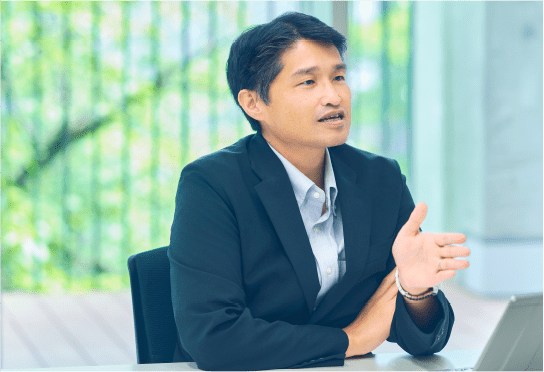
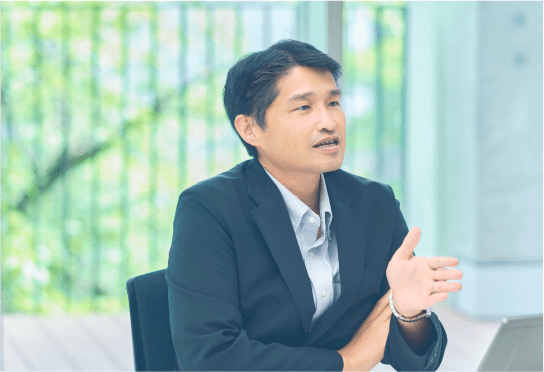



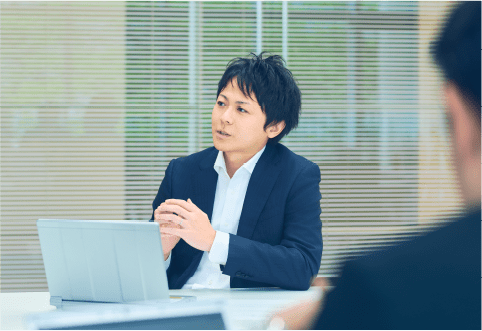
SECTION01The Inspiration Driving
Ono Pharmaceutical’s Researchers-Taking on Unprecedented Challenges for the Benefit of Patients-
Ono Pharmaceutical's corporate
philosophy is
"Dedicated to the Fight
against Disease and Pain."
In general, researchers are
thought of
as people who work far
from the front lines of the medical field
and
do not have many opportunities
to come in contact with patients.
How do you approach your research?
Teraishi
That's why I feel that many people at Ono Pharmaceutical are keen to take on new challenges. We have a culture where you can take ownership of your own research while gaining the understanding and cooperation of the people around you if you properly communicate what you want to attempt after establishing the rationale and reasoning behind that undertaking.
In some cases, researchers may even become focused solely on attacking targeted cancer cells in the course of repeated experiments. However, we have a clear goal of working for the benefit of patients, which is why we approach our research with an eye toward what kind of treatment situations patients are actually in.
Hamasaki
Ever since I was a child, I have always wondered why people have to get sick since I experienced, among other things, seeing people around me suffering from illness. As such, Ono Pharmaceutical’s corporate philosophy, "Dedicated to the Fight against Disease and Pain" strongly appealed to me, and the company’s desire to help patients continues to motivate me today.
That idea of helping patients is
at the forefront of Ono Pharmaceutical’s
activities,
and that is precisely
why new challenges continue
to arise one after another.
Takeda
Yes. One example of a new challenge is the fact that until about 30 years ago, our company had no experience working in the field of oncology. However, our encounter with the molecule PD-1 and the existence of patients’ unmet medical needs in the field of oncology led us to venture into unexplored areas and tackle new challenges.
Teraishi
In regard to our approach to drug discovery, Ono Pharmaceutical continues to take on new and unprecedented challenges. Although we have excelled at synthesizing compounds for many years, we are now also working on drug discovery from different approaches such as antibodies and cells. I myself was surprised and impressed when I came across a new treatment option that utilizes cells rather than chemical compounds when I studied abroad at a medical department of a university. I believe that my experience of taking action at that time while involving many people to adopt that approach within the company has now led me to take on new challenges in the United States.

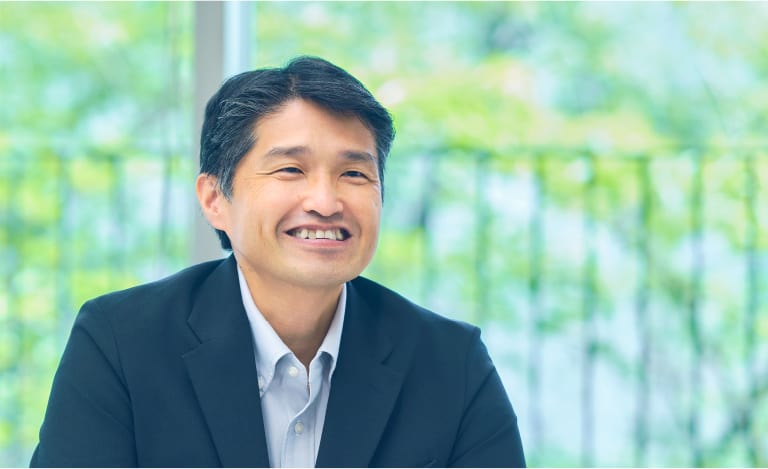
SECTION02The Strengths of
Ono Pharmaceutical's Research-A Culture of Open Innovation that Broadens Horizons and Expands Possibilities-
To date, Ono Pharmaceutical has
introduced innovative drugs to the world.
How did this happen?
Takeda
We believe that the most important characteristic of our research is "open innovation," which leads to the creation of new drugs in collaboration with universities and other organizations around the world. In the 1960s, Ono Pharmaceutical sent researchers to Harvard University in the United States and became the first company in the world to succeed in the total chemical synthesis of prostaglandins. Even before the word "open innovation" was widely used, we discovered new drug seeds through collaborations with research institutions such as universities, and created innovative new drugs using those seeds as a starting point. And thus, research based on open innovation has been carried on for more than half a century. Rather than confining ourselves to our own world and limiting our possibilities, we place as much importance on cooperation with academia and bio-venture companies in Japan and overseas as on the ideas of each and every researcher, and make the most of each other's strengths. We always try to carry out research in this way, which is why we also actively engage in study abroad programs at universities as we highly value broadening our researchers' perspectives.
Is "open innovation" a matter of course
at Ono Pharmaceutical,
and not something that is limited
to special projects?
Teraishi
Yes. Researchers at the Research Center of Oncology are also active in expanding their own knowledge and perspectives by collaborating with academia and biotech companies in Japan and overseas from a young age, and by studying abroad at universities. When I myself studied abroad at a Japanese university for three years, I was able to gain new insights by stepping outside of the company and immersing myself in external environments. For example, I was exposed to clinical practice and learned about cell therapy, which led to research activities in immuno-oncology, a field which I am currently working on.
Hamasaki
I also studied abroad at a university when I was approaching my third year at the company and had a great experience. I was able to experience the perspective of both the university and the company involved in a joint research project, and I was also able to take on the challenge of drafting a new project with the members of that relevant laboratory.

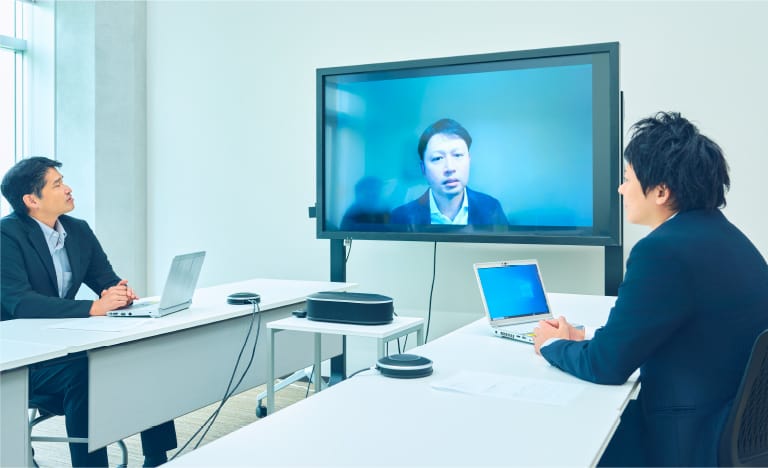
SECTION03Future Challenges
in the Field of Oncology
-Contributing to the Future of Cancer Treatment with U.S.
Biopharmaceutical Companies-
As a researcher,
please share with us what challenge
you are currently undertaking,
as well as your thoughts on the future.
Teraishi
I moved to the United States in the spring of 2024 to work with Fate Therapeutics on promoting research activities to discover new therapeutic agents in the field of Immuno-Oncology. We are working hard every day to provide new methods of cell therapy for cancer patients by taking on the challenge of discovering therapies that no one has proven yet.
Takeda
We started a drug discovery collaboration with Fate Therapeutics in 2018, and one result from that initiative is that one of our product candidates, ONO-8250, is proceeding to clinical trials from 2024. In this collaboration, immune cells called “CAR (chimeric antigen receptor)-T cells,” which are genetically modified to recognize and attack cancer cells, are derived from iPS cells and administered to cancer patients. Fate Therapeutics is a leader in the field of iPS-CAR-T, which produces CAR-T cells from iPS cells, and the drug discovery collaboration with Fate Therapeutics is a new approach to boost immunity by preparing and administering T cells outside the body for patients who lack immunity.
Existing cancer drugs do not work for all cancer patients. That's why we want to establish this new approach and increase the number of treatment options available to patients with cancer.
Hamasaki
Our mission is to provide cancer patients with new options. At present, I am involved in research tie-ups and play a role in promoting collaborations with academia and bio-venture companies in Japan and overseas for the purpose of creating innovative pharmaceuticals. My feelings have not changed since the time when I was conducting experiments with my own two hands, and I try not to overlook the potential of each compound that will become a new drug candidate.
Takeda
If we are unable to deliver new drugs to the patients, then all of our attempts can be labeled as failures. However, Ono Pharmaceutical is rooted in a culture of "taking on unprecedented challenges," in which everyone is driven by the concept of working for the benefit of patients, and it is for that very reason why we are able to turn every failure into fuel and face the next challenge.
We aim to create a world where cancer can be cured by expanding the range of cancer treatment options while exploring all possibilities for patients.
All the information contained herein is correct
at the time of publication.
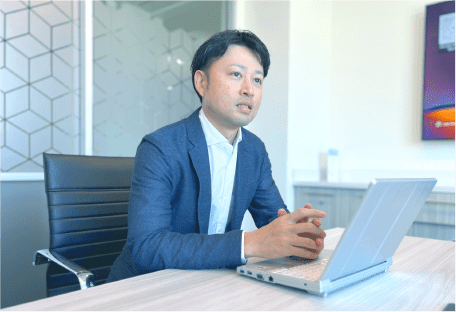
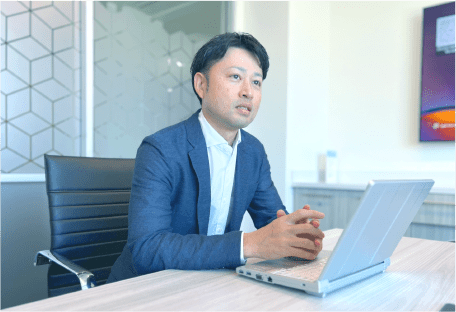
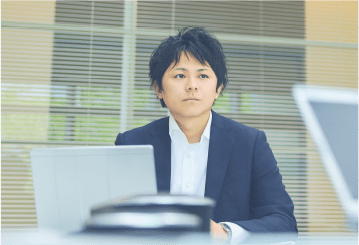
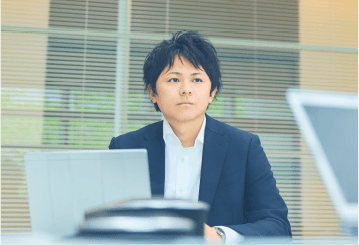
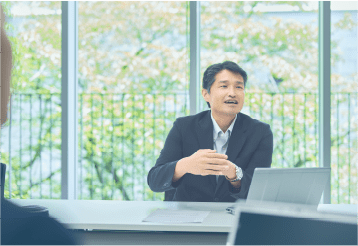
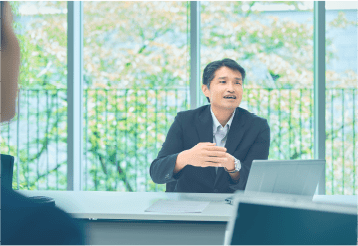





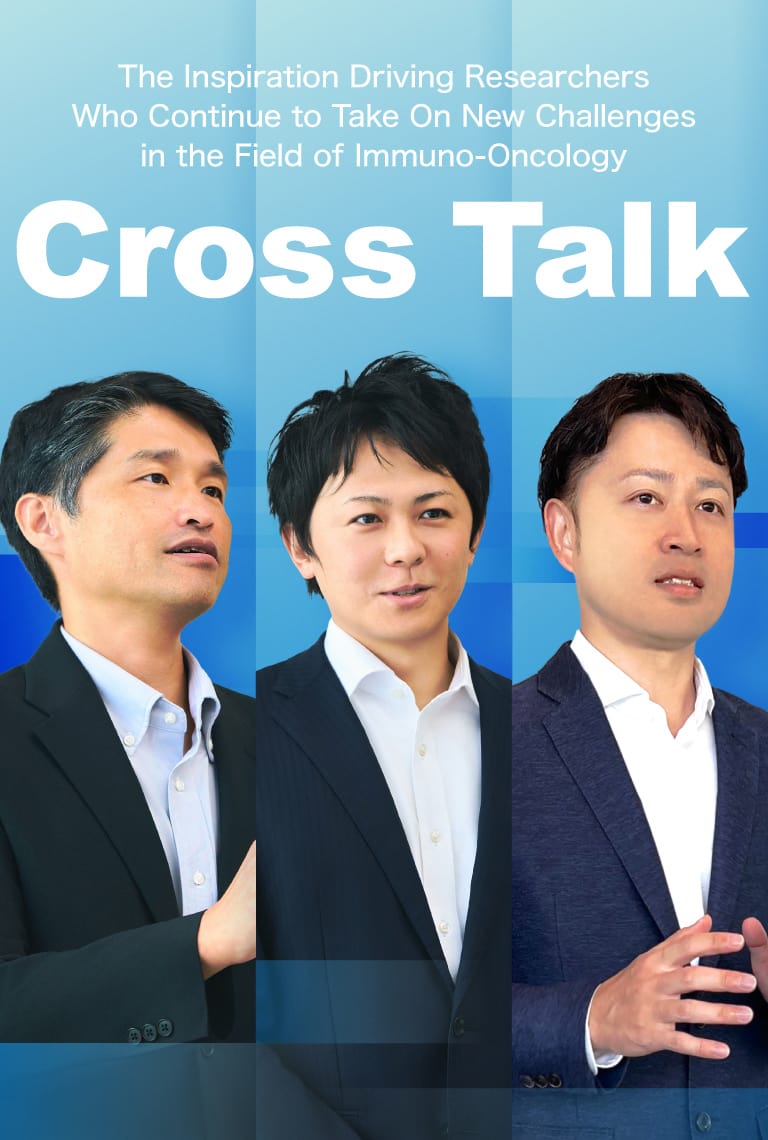
Takeda
I believe that Ono Pharmaceutical's corporate philosophy directly expresses in words the value of our existence. The Research Center of Oncology, to which we belong, has also adopted the action guideline "Dedicated to the Fight against Cancer" in accordance with Ono Pharmaceutical’s corporate philosophy, and is engaged in research while giving first priority to patients.
Even if there is an unprecedented challenge, or a task that has never been attempted or experienced before within the company, our top priority is whether it will benefit the patient. If there are patients waiting, even if it is a rare disease, we encourage researchers to take on that challenge. Our researchers devotedly tackle their respective themes in a very flexible environment.